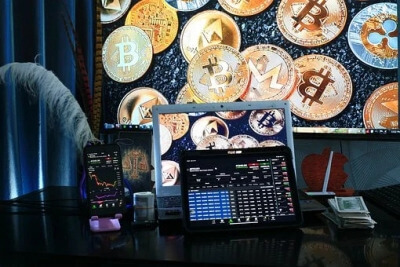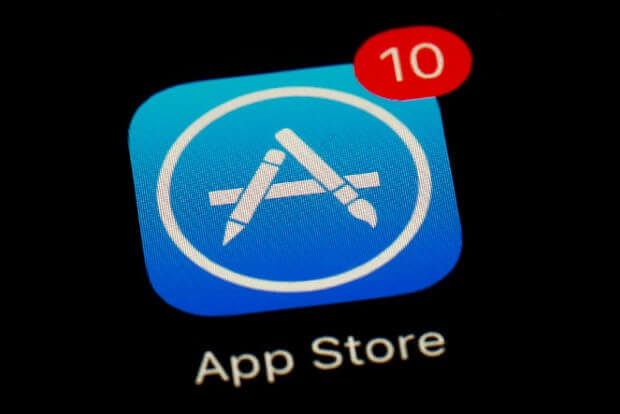If the government does not prohibit Indians from dealing in cryptocurrencies, it could introduce a regressive tax regime for cryptocurrencies, according to Taxmann.
Taxmann said in a note that a Bill was expected to be presented during the Winter Session of Parliament to regulate cryptocurrencies.
However, it was not introduced, and it is now expected that the government may take up this Bill in the upcoming Budget Session.
Considering the size of the market, the amount involved, and the risk coupled with cryptocurrencies, some changes may be brought in the taxation of cryptocurrencies in the Union Budget 2022-23, Taxmann said.
Among the TDS/TCS provisions, both sale and purchase of cryptocurrencies above the threshold limit should be brought within the ambit of TDS/TCS provisions. This will help the government get the footprints of the investors, Taxmann said.

It could lead to reporting in Statement of Financial Transactions (SFT). Both sale and purchase of cryptocurrencies could be brought within the ambit of reporting in the SFT. The trading companies already do similar reporting of sale and purchase of shares and units of mutual funds.
It could also lead to higher tax rates. Similar to winnings from lottery, game shows, puzzle etc., a higher tax rate of 30 per cent is expected to be levied on the income arising from the sale of cryptocurrency.
The losses from the sale of cryptocurrency may not be allowed to be adjusted from other income and should also not be allowed to be carried forward, Taxmann said.
Among other measures, as per the provisions of Section 201(1A) of the Income Tax Act, in case of failure to deduct TDS, interest is to be paid at the rate of 1.5 per cent from the date of deduction to the date of payment. Any part of the month shall be considered as one full month. So, the understanding should be that if TDS is deducted on April 23, 2017 and payment is made on May 8, 2017, interest should be paid for one month.
However, the I-T Department calculates interest for two months because it considers April and May as two separate calendar months. So, the scenario is that even if the TDS is late by one day, interest is calculated for two months which seems to be absurd, Taxmann said.
The Income Tax Appellate Tribunal (ITAT) in the case of Bank of Baroda vs DCIT [2017] also held that interest was to be levied only for actual period of delay, i.e., from the date on which tax was deducted and till the date on which tax was deposited. If such a period exceeds one month, then the full month’s interest is leviable.














